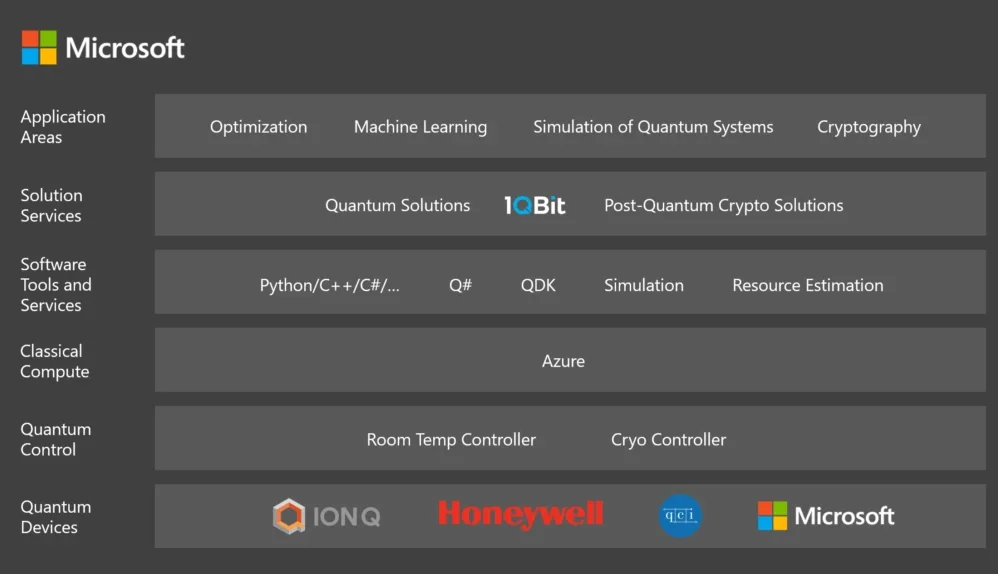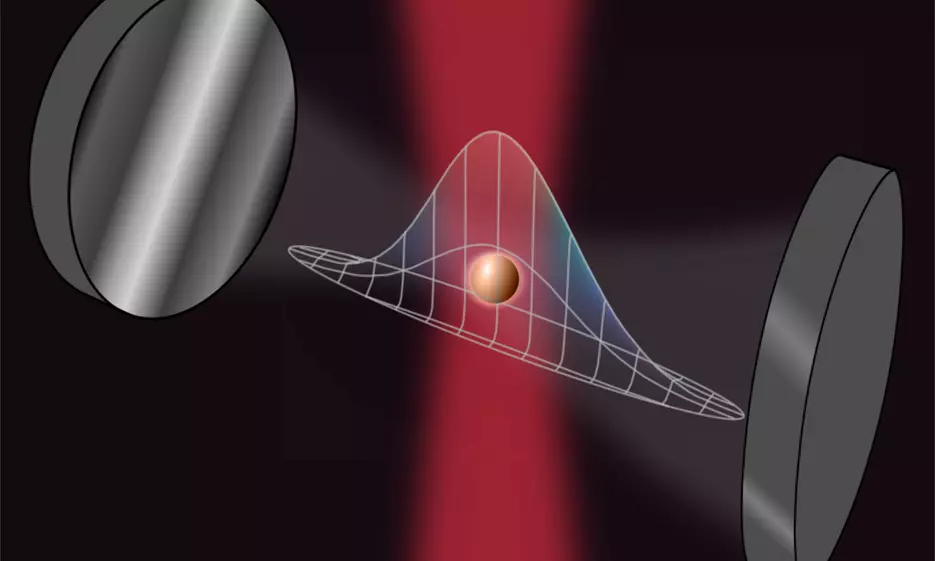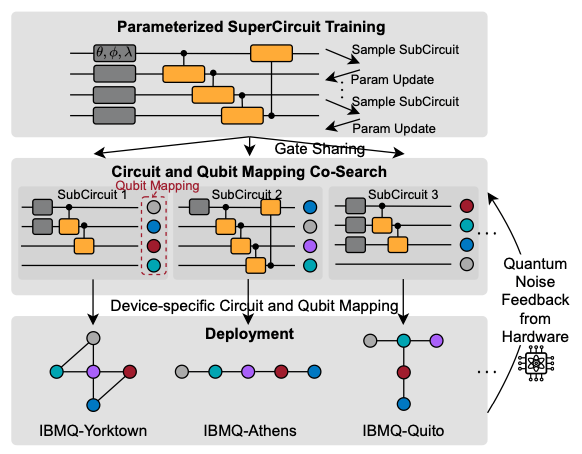If you eventually thought Microsoft would not play in the Quantum sandbox and let IBM and Google have fun alone, Satya Nadella, Microsoft CEO made the show during the Vision Keynote at Ignite.
Microsoft Quantum is driving innovation in quantum computing with the goal of addressing complex global challenges through a scalable quantum system. The company is collaborating with the international quantum community to advance development across all layers of the quantum stack, from software applications to hardware devices.
A significant breakthrough has emerged from Microsoft’s Quantum Lab at the University of Sydney, where researchers have developed revolutionary qubit control technology. This innovation enables the control of up to 50,000 qubits using just three wires, incorporating a cryogenic CMOS design and a 1cm² chip operating at near absolute zero temperatures. This advancement overcomes previous physical limitations of conventional systems.
On the cryptography front, Microsoft Research’s cryptographers are developing quantum-resistant public-key cryptographic algorithms and protocols. This work aims to prepare global data centers and customers for the upcoming quantum era. The company has also seen success with its developer tools, particularly Q# and the Quantum Development Kit, which has achieved over 200,000 downloads, indicating strong community engagement.
Building on these achievements, Microsoft has launched Azure Quantum, a comprehensive open cloud ecosystem designed to democratize quantum computing benefits worldwide. This platform has been developed in partnership with leading quantum companies including 1QBit, Honeywell, IonQ, and QCI, creating what Microsoft describes as the industry’s most diverse collection of quantum solutions, software, and hardware.
Azure Quantum serves three main purposes: learning, building, and solving. It provides educational resources and tutorials, including quantum katas, for those wanting to learn about quantum computing. Developers can use Q# and the QDK to write and test programs against simulators and various quantum hardware. For businesses, the platform offers pre-built solutions and algorithms to address complex challenges.
A key feature of Azure Quantum is its unified programming model, which allows users to target multiple types of hardware through a single program. This includes Azure classical compute, quantum simulators, resource estimators, and partner-provided quantum hardware. The platform is also designed to be future-proof, compatible with Microsoft’s upcoming quantum system based on topological qubits, ensuring that code written today will remain viable as quantum systems evolve.
Microsoft provides Azure Quantum, a full-stack, open cloud ecosystem with partners like 1QBit, Honeywell, IonQ, and QCI. Developers can write programs with Q# and the QDK and experiment running the code against simulators and a variety of quantum hardware. (Microsoft)




